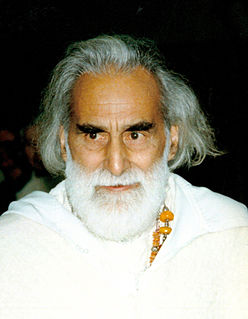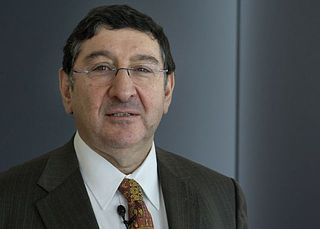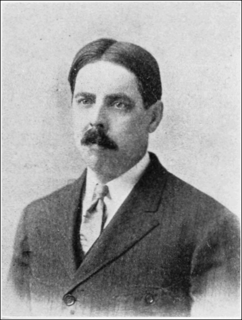A Quote by Isaac Asimov
It's your fiction that interests me. Your studies of the interplay of human motives and emotion.
Related Quotes
There are novels that end well, but in between there are human beings acting like human beings. And human beings are not perfect. All of the motives a human being may have, which are mixed, that's the novelists' materials. That's where they have to go. And a lot of that just isn't pretty. We like to think of ourselves as really, really good people. But look in the mirror. Really look. Look at your own mixed motives. And then multiply that.
If you have peace of mind, when you meet with problems and difficulties they won’t disturb your inner peace. You’ll be able to employ your human intelligence more effectively. But, if your mental state is disturbed, full of emotion, it is very difficult to cope with problems, because the mind that is full of emotion is biased, unable to see reality. So whatever you do will be unrealistic and naturally fail.
Make it a habit to ask yourself: What's going on inside me at this moment? That question will point you in the right direction. But don't analyze, just watch. Focus your attention within. Feel the energy of the emotion. If there is no emotion present, take your attention more deeply into the inner energy field of your body. It is the doorway into Being.
Novels shouldn’t aspire to answer questions, and I wouldn’t presume to offer advice about love or marriage in any case. What’s fascinating to me about marriage as a subject for fiction—a subject that fiction has taken on with gusto since the 19th century—is how unknowable other people’s relationships are. Even the marriages of your parents, your siblings, your closest friends always remain something of a mystery. Only in fiction can you pretend to know people completely.





































